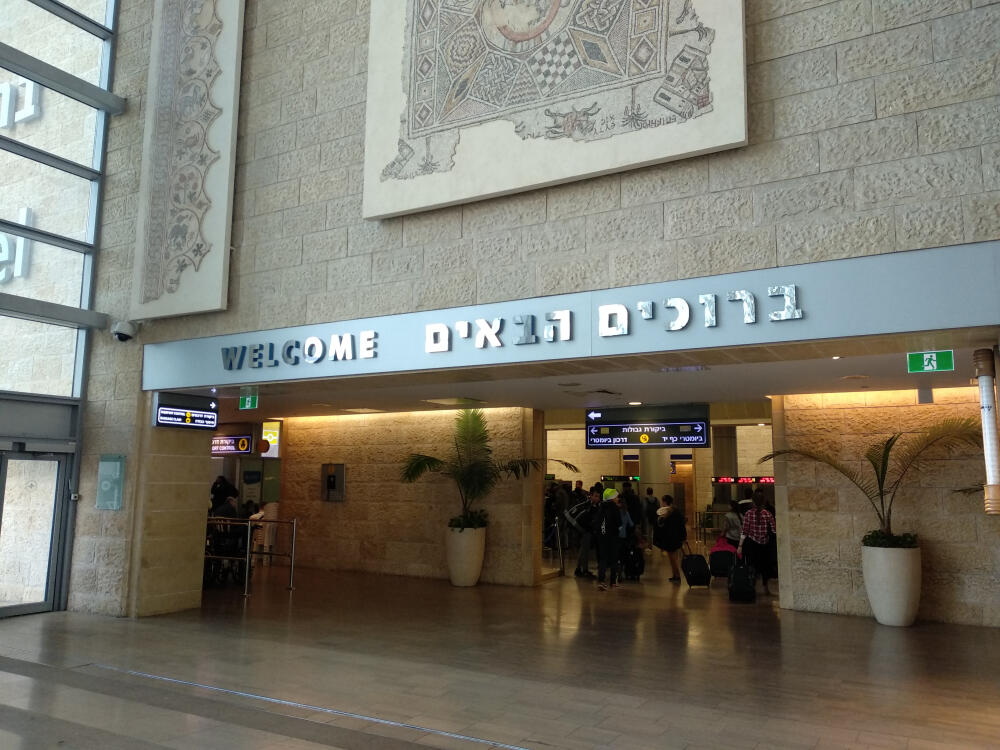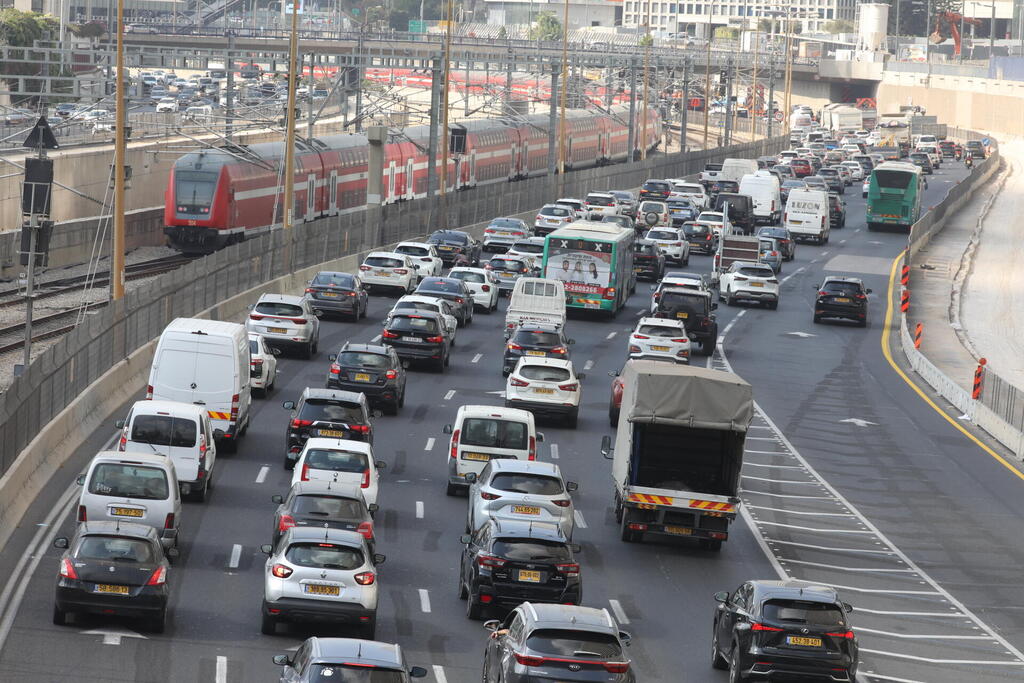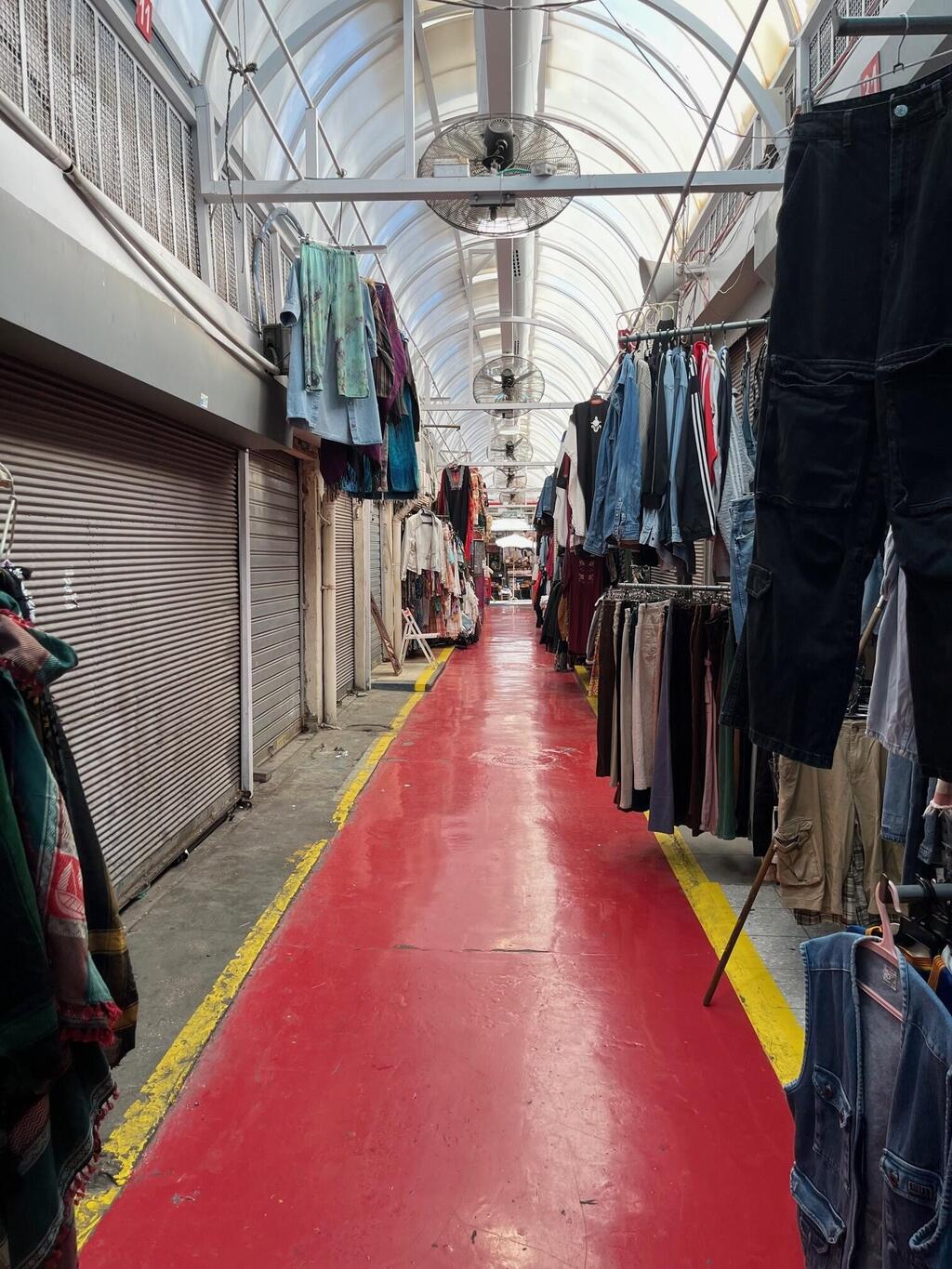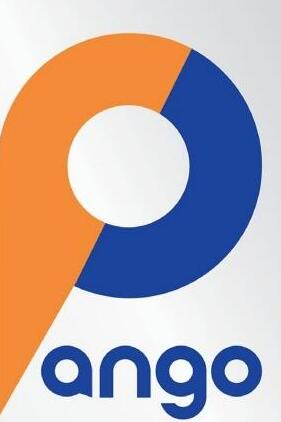Getting your Trinity Audio player ready...
Life of a tourist in Israel, at least these days, are fraught with trials and tribulations. I came to this realization immediately upon landing at Ben Gurion Airport from Los Angeles. My first stop was the car rental desk on the second floor of the airport. "I hope you didn't take the insurance they offered you," the agent remarked. "Actually, I did," I replied, puzzled. "Oh, that insurance doesn't apply in Israel," he said with a smile, turning to the other agent at the desk. "Another one fell for it."
After calling the company where I booked the reservation, I learned the insurance covered the car against theft or accidents but did not cover me if the accident was my fault, nor did it cover the other party. In such cases, I would have to pay for all the damages.
The rental company insisted I had no insurance, and if I wanted it, I would need to pay about $280 for non-comprehensive insurance with a $700 deductible, or $450 for comprehensive insurance for two weeks. Reluctantly, I purchased additional insurance for peace of mind while driving. "Do you have an Israeli passport?" the agent asked after I handed over my American passport. I nodded. "Then it will cost you an extra 17%."
This is the tax every Israeli must pay, even if they don't live in Israel and were born in the U.S. As long as you hold an Israeli passport, you're "penalized" with this tax.
The next day, after resting from the long flight, we drove to explore Jaffa. Heavy traffic didn't particularly bother us since we're accustomed to it from Los Angeles. Although we heard there was a parking space shortage in the city, finding a spot wasn't the issue—paying for it was. A yellow sign declared: "Parking only allowed for vehicles with a local parking permit. Paid parking Mon-Thu from 9:00 to 17:00."
Okay, but where do we pay? After consulting with a local shop owner, we were told to pay via the Pango app, which is an online parking payment service. We downloaded the app to our phone, but we couldn't receive a confirmation code because we still had a US number.
We gave up parking there and searched for a parking lot that would allow us to park without using the app, which is apparently only for residents. However, even in the lot we found, the only payment method was through Pango.
We returned to the hotel, parked the car, and decided to use public transport. We reached the station, about a 10-minute walk from the hotel, only to find out that payment was only possible with a Rav-Kav card or by downloading the app to the phone. This time, we managed to download the app and pay. Great, we felt like we were finally getting the hang of things. By the time we got back to Jaffa, an hour and a half had passed.
At the Jaffa Flea Market, vendors looked quite miserable due to the lack of customers. "Since October 7, tourists haven't come here at all," a jewelry and souvenir shop owner told me. "Many shops have already closed, and those of us who remain open from 11 AM to 4 PM have no one to sell to."
Jacob, who has been there for 40 years, is living off his savings and wants to sell his shop, but there's no one to buy it. I hear the same from other shop owners in the area. "Last year, before the war, 780,000 tourists visited here; this year, we've barely seen 780 tourists all year."
We bought some souvenirs from them and returned to the hotel. At 3 PM, we went to Metzitzim Beach, not far from the hotel. Since it was midweek and incoming tourism is virtually non-existent, most of the beach chairs were available. We wanted to rent three chairs and umbrellas at the kiosk, but it was out of order.
A man with a hat and sunglasses working there, kindly explained that we could pay via an app. It seems that every action in the country is done through some app, and cash payment is a luxury of the past.
Several days later, we left Tel Aviv and continued south. I stopped at a gas station. When I inserted my credit card into the fuel machine, I was prompted with a questionnaire: enter your ID number and vehicle number. I gave up and went inside the station, patiently standing in line behind two soldiers and three civilians. "What if I don't remember or don't have an ID number?" I asked the clerk when it was finally my turn. "It's okay; you don't need to enter it, just refuel." Another ten minutes wasted.
A week later, while checking my credit card charges, I noticed I had been charged four times between $15-20 by the car rental company. I called to inquire about the charges. "Oh yes, you drove on Highway 6," the clerk replied. "We charge 17 shekels each time, in addition to the regular toll. If you want to avoid this, you need to purchase a subscription through Pango."
Pango again. "Too bad you didn't tell me in advance," I said in frustration. "Well, these are things we don't need to say; you should know," the clerk replied, not understanding how an Israeli could not know such basic things. Try explaining to her that I haven't lived in Israel for most of my life but in the U.S.
Next time I visit the country, I will only use taxis. It will be much cheaper and save me from finding parking, downloading Pango, filling out questionnaires at gas stations, using an Israeli Green Card on buses, paying exorbitant tolls on Highway 6, and shelling out $1,400 for two weeks of car rental.
Get the Ynetnews app on your smartphone:





